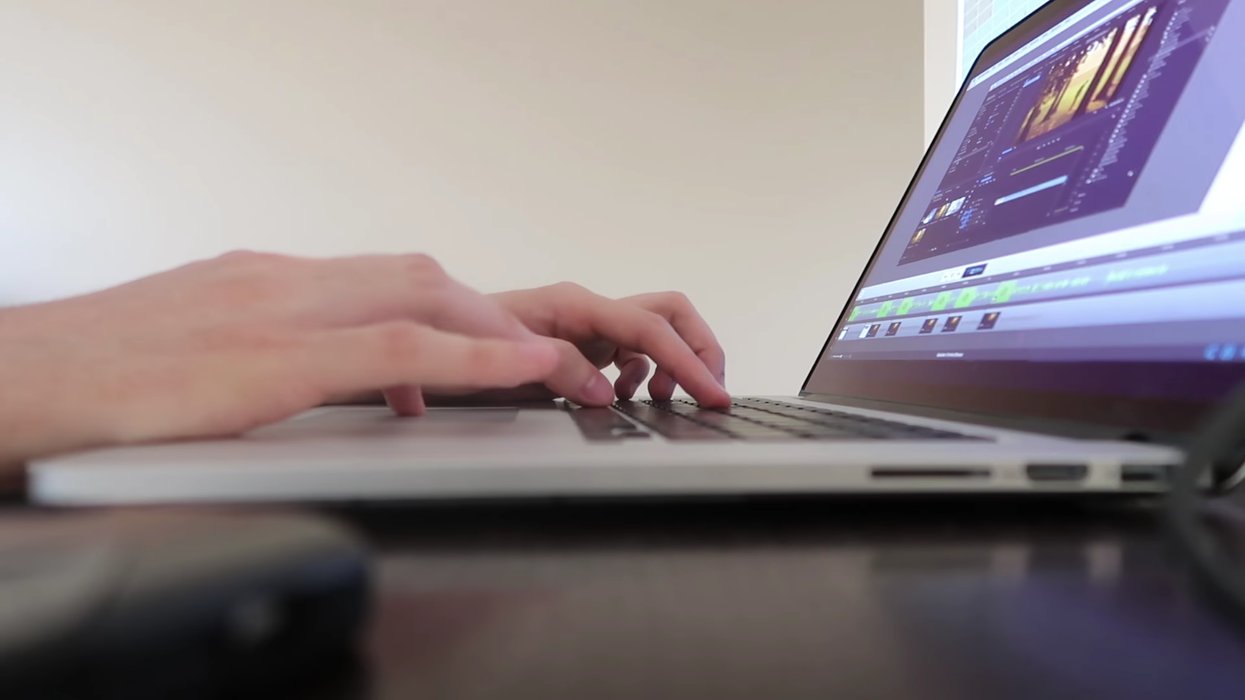Watch: 5 Skills That Can Help Make You a More Successful Film and Video Editor
There are a lot of skills that all good editors seem to have, but here are 5 you can focus on.

What does it take to be a good editor? It's difficult to determine simply by observing their work, because 1.) edits are largely supposed to be invisible, and 2.) the brilliance is in what's not there as opposed to what is. So, if you're just starting out and aren't really sure which skills you need to work on to get to the next level of your career, editor Justin Odisho names five in this informative video that you can get started on right away.
The job of an editor is rough. Not only do you have to hole up in a tiny room and stare at a timeline for days, weeks, or months, but you also have to have proficiency in both creative and technical skills. You have to know how to tell a story visually and know how to set keyframes in an NLE. You have to know how different edits affect audiences psychologically and know how to establish an efficient workflow.
There's definitely a lot to learn as a newcomer, but Odisho does a great job listing perhaps the most important concepts you should be getting more and more acquainted with as you grow in your craft.
- Communication and storytelling: Knowing how to tell stories through editing is the name of the game.
- "Sculpting": Raw footage on a timeline is the block of clay and you're the sculptor. Editing is mostly about knowing what to cut out.
- Visualization: Being able to see the final cut in your mind makes your work a lot easier.
- Knowing tech: Every good craftsman knows their tools. Stay proficient and up to date with your software.
- Problem solving: Technical problems arise constantly when editing and knowing how to fix them will keep your work from grinding to a halt.
What are some other important skills you think good editors need to have? Let us know down in the comments.
Source: Justin Odisho













